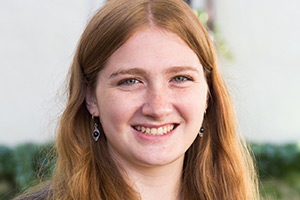Graham Dickson on ten years of improv institution The Free Association
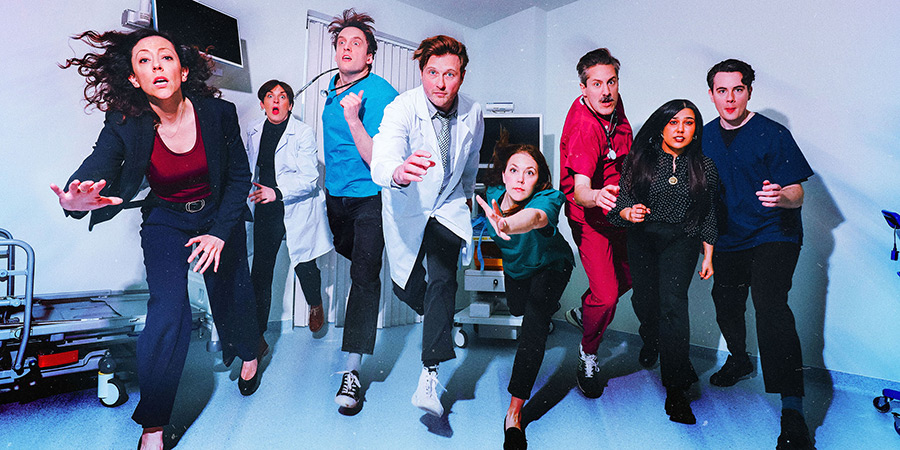
The Free Association, the "standard bearer for long-form improvised comedy in the UK", is celebrating its 10-year anniversary this year with a programme of headline shows, improv, and even the legendary "Harold night". Recently, we had the chance to chat with co-founder Graham Dickson to discuss how he first got started in the world of improv, what the process was like for creating the Free Association and some of his favourite memories from the past ten years.
How did you first get started in the worlds of improv and comedy?
When I was twenty, I lived in New York for a year whilst attending acting school. It was in New York I discovered improv and it blew my mind. I started taking classes at the famous Upright Citizens Brigade (UCB). One of my Level 1 teachers was Zach Woods - I was immediately hooked. When I came back to London, I was desperate to do more improv, but it was incredibly scarce in London at that time. After a few years, I finally found some really talented people I loved to play with. We started Austentatious. The success of that show certainly paved the way for The Free Association to exist.
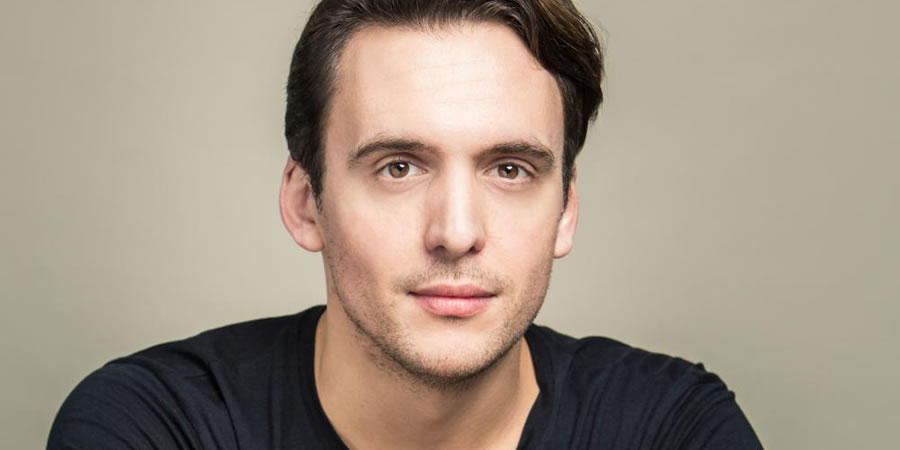
What inspired you to create the Free Association?
It was never really my intention to create an improv theatre and school, but I always wanted this model to exist in the UK. I had been performing with Austentatious for a few years already at this point (2014), but the UK still lacked an improv model like the one I had experienced in the US - a cohesive school and theatre, and a structured long-form improv syllabus with a clear philosophy. Having the pathway between school and theatre is so important for growing the community, and that, to me, was always the most important thing to strive for to ensure that long-form improv would take root.
Can you tell us a bit about the process of creating the Free Association?
The company actually started as just another improv team - who are reforming for the first time in about nine years for the anniversary! I had been in some other improv classes with Ivan Gonzalez from the acclaimed sketch duo Max & Ivan. The three of us talked about starting a new team and trying to build a regular night that might become something more.
Soon after, I met Mike Orton-Toliver and then Jim Woods, two very experienced improvisers from the US, and with them, we had the experience and knowledge we needed to start a school. The first generation of players through the doors was fundamental to creating a solid base at the theatre. They were people who had done some improv and were hungry for more.
They formed the first house Harold teams at the theatre (again, reforming this Sunday as part of our anniversary celebrations) and they remain a hugely important part of the playing community and the teaching staff, as well as being a very tight-knit group of friends.
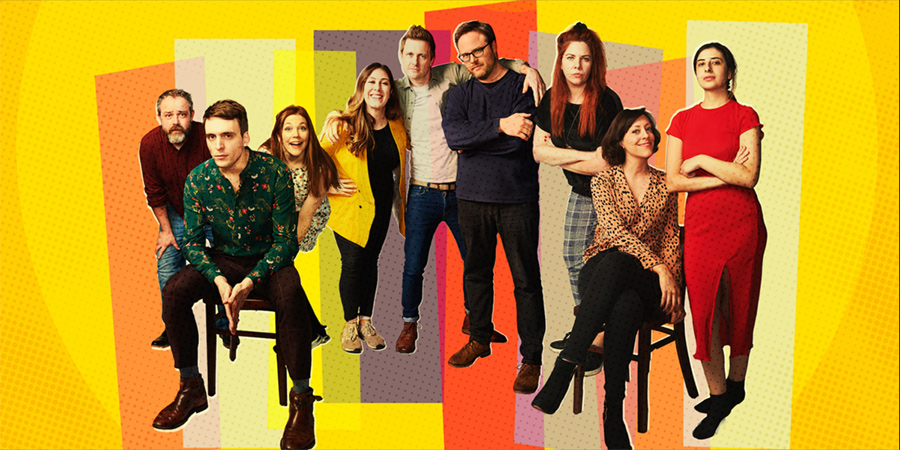
What is it like to be bringing back some Free Association veterans for the 10-Year Anniversary programme?
As I mentioned above, the players are what have made the theatre what it is. It feels very special to be having this week to honour so many of our players. Many of them still play week-in and week-out at the theatre; some are returning having not played in years. I'm sure I will get quite emotional at times this week. They mean everything to me!
What is it about long-form improv that you think is so appealing to audiences?
Something very special happens to the audience of an improv show - they lean forward just a little bit more. There is a contract between the audience and performers at an improv show that anything can happen. This promise, and the risk involved, means that an audience engages on a different level. They are often doing the work with you on stage, trying to figure out the angles, anticipate the traps. It means that when the promise is delivered - when something surprising happens, or if it's just really good - then there is an ecstatic response because of that extra layer of emotional investment.
With long-form - as opposed to short-form - the contract involves something else even more special. In short-form, the promise made to the audience is, "These games are really hard, watch us try not to fuck it up (we probably will and it will be funny either way)." In long-form, the promise is more like, "Watch us make a hilarious show from scratch when we work together - even though it seems impossible." I think there is an even bigger embrace of the collaborative nature of improv in long-form, and this is a very special thing.
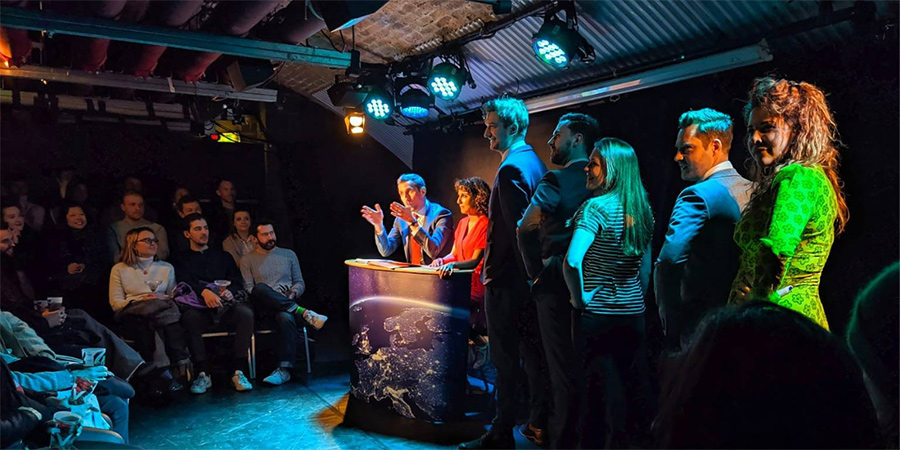
Do you have any favourite memories from being a part of the Free Association for the past ten years?
Far too many to mention - it has been basically my whole life for ten years! At times it has been incredibly hard but I wouldn't change it for anything. Nothing in my life has given me greater joy than performing on that small stage in De Beauvoir with some of my best friends. Also, the Christmas parties are very, very fun...
What advice do you have for those looking to get into improv?
Just say yes! I don't think I've ever met anyone who took an improv class who didn't either enjoy it or learn something valuable from it - usually, it's both. Even if you're unsure about being a performer, or if you have no desire to be one, the first steps into it are so joyful that I just can't see how you would regret it.
How would you describe the Free Association in one word?
Family.
Find out more about The Free Association and book courses and show tickets via thefreeassociation.co.uk
Help us publish more great content by becoming a BCG Supporter. You'll be backing our mission to champion, celebrate and promote British comedy in all its forms: past, present and future.
We understand times are tough, but if you believe in the power of laughter we'd be honoured to have you join us. Advertising doesn't cover our costs, so every single donation matters and is put to good use. Thank you.
Love comedy? Find out more
